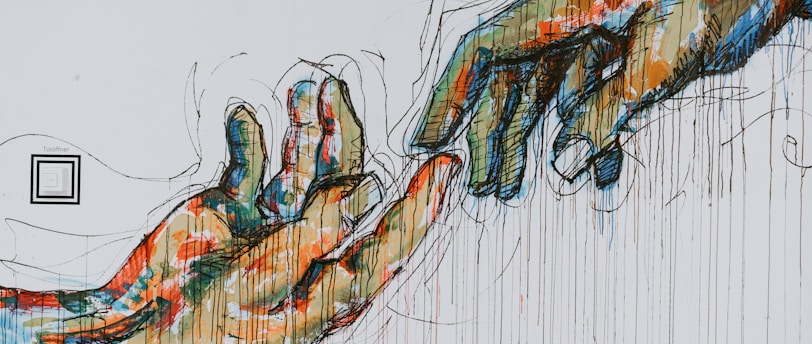Supporting Your Partner Through Porn Addiction Recovery
Discover effective ways to support your partner through their journey of overcoming porn addiction. Find guidance, resources, and understanding to help them on their path to recovery.


Understanding Porn Addiction
Porn addiction is a complex issue that can have a significant impact on both the individual struggling with the addiction and their partner. It is important to approach this topic with empathy, compassion, and a willingness to support your partner through their journey to recovery.
Open Communication
The first step in helping your partner with their porn addiction is to establish open and honest communication. Create a safe space where your partner feels comfortable discussing their struggles, fears, and concerns. Avoid judgment and criticism, and instead, offer understanding and support.
Encourage your partner to share their thoughts and feelings about their addiction. Listen attentively and validate their emotions. This will help them feel heard and understood, which is crucial for their recovery process.
Seek Professional Help
While your support is important, it is essential to recognize that porn addiction is a complex issue that often requires professional help. Encourage your partner to seek therapy or counseling from a qualified addiction specialist. A professional can provide the necessary guidance, tools, and strategies to help your partner overcome their addiction.
Offer to assist your partner in finding a suitable therapist or support group. Research reputable resources and provide them with the information they need to take the next step towards recovery. Remember, it is essential to respect your partner's autonomy and allow them to make their own decisions regarding their treatment.
Set Boundaries
Establishing clear boundaries is crucial when supporting a partner with a porn addiction. Boundaries help protect your well-being and ensure that both you and your partner are working towards a healthier relationship.
Communicate your needs and expectations openly and honestly. Discuss what behaviors are acceptable and what is not. This may include setting limits on the use of technology, creating guidelines for intimacy, or establishing boundaries around discussions related to pornography.
It is important to remember that setting boundaries is not about controlling your partner but rather about creating a healthy and supportive environment for both of you.
Encourage Healthy Coping Mechanisms
One of the challenges of overcoming a porn addiction is finding healthy ways to cope with stress, triggers, and cravings. Encourage your partner to explore and engage in activities that promote their well-being and provide alternative sources of pleasure.
Suggest activities such as exercise, meditation, hobbies, or spending quality time together. These activities can help your partner redirect their focus and energy towards positive outlets.
Practice Self-Care
Supporting a partner with a porn addiction can be emotionally challenging. It is essential to prioritize your own well-being and practice self-care.
Take time for yourself to engage in activities that bring you joy and relaxation. Seek support from friends, family, or a therapist to process your emotions and navigate the complexities of the situation.
Remember, you cannot pour from an empty cup. Taking care of yourself will enable you to be a better source of support for your partner.
Be Patient and Understanding
Recovery from porn addiction is a journey that takes time and effort. It is important to be patient and understanding with your partner throughout this process.
There may be setbacks along the way, and your partner may struggle with cravings or relapses. It is crucial to approach these challenges with empathy and support rather than judgment or criticism.
Recovery is not a linear process, and it is normal for there to be ups and downs. Celebrate the small victories and offer encouragement to your partner as they work towards overcoming their addiction.
Conclusion
Helping your partner with a porn addiction requires empathy, open communication, and a willingness to support their journey to recovery. Encourage them to seek professional help, set boundaries, and explore healthy coping mechanisms. Remember to prioritize your own well-being and be patient and understanding throughout the process. With love, understanding, and support, you can navigate this challenging situation together.


